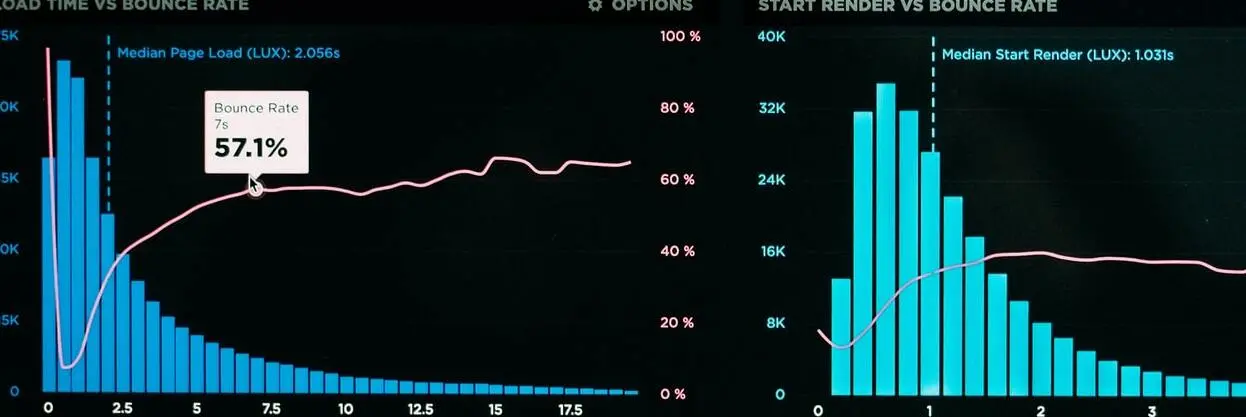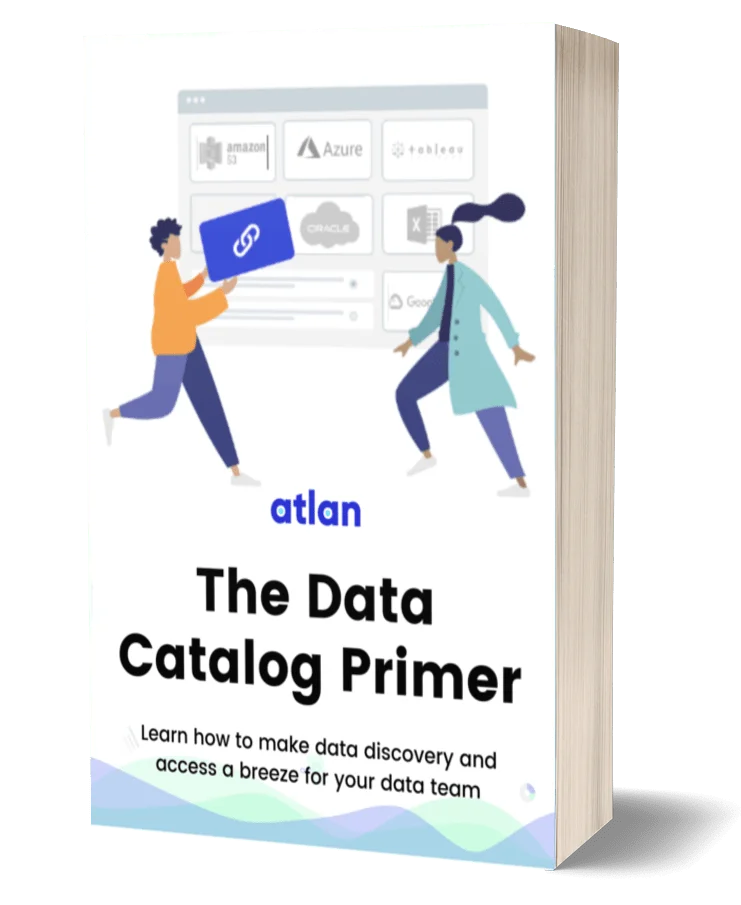What Is Data Democratization: Definition, Benefits, and Strategy

Share this article
What is data democratization?
Permalink to “What is data democratization?”Data democratization means that everyone in the organization can access, understand, and use data to drive decisions. To make data useful and valuable, organizations must break silos and ensure that diverse data users can collaborate. This isn’t possible unless data and the information about it are easily accessible.
Traditionally, the IT department was responsible for all information, aka data, inside an organization. Data democratization, however, unifies data users and creates common data knowledge across the organization. This includes practices that reduce dependency on the IT team, such as creating a standard business glossary or using a smart data catalog.
However, there has to be the right balance between data governance and democratization to ensure that data is safe and complies with privacy policies.

The importance and benefits of data democratization
Permalink to “The importance and benefits of data democratization”Using data in an organization today is restricted by someone’s coding skills and knowledge of database schema, access levels, etc. These limitations keep business stakeholders from quickly harnessing data’s power in their daily work.
Business users have to wait for the engineering team to spin up a sales performance dashboard; otherwise, they have no way to check the trends themselves. And even when they do get the dashboard, they cannot necessarily trust the numbers, because the contextual information and details about the source of the data are missing. An IBM study showed that almost one-third of business executives do not trust their data.
Data democratization puts each data user in the driver’s seat, completely in charge of generating their own insights. It thus lets business folks use data in their daily activities, rather than preserving it only for sophisticated analysis and fancy dashboards.
Benefits of data democratization:
Permalink to “Benefits of data democratization:”- Data democratization enables self-service data analytics. Anyone who wants to get business insights must get access to the data faster and cheaper.
- Data democratization starts with centralizing all your data assets and hence making it easily searchable for your end-users.
- Data democratization enables crowdsourcing of siloed tribal knowledge into a well-documented and verified organizational knowledge through business glossary/wikis/data dictionaries.
- Data democratization enables everyone to have a check on data quality and integrity.
- Data democratization fosters a social/collaborative layer around data assets through upvotes, ratings, notes, comments, wikis, and chats.
The road to data democratization: The strategy
Permalink to “The road to data democratization: The strategy”True data democratization requires leveling the playing field between technical and non-technical users.
To kickstart your data democratization journey, target these four areas:
- Data discovery
- Data exploration
- Data experimentation
- Data automation
Data discovery
Permalink to “Data discovery”Making it easier to discover data will reduce the time it takes from idea to action. Users across the organization should be able to easily find and request access to data. And at the very least, table names and contextual information should be visible to everyone.
A modern data catalog with a Google-like search, quick filters, and a data profile can help diverse users locate data quickly. For example, Lyft’s new data discovery application reduced how long it takes to find data by 95%.
Data exploration
Permalink to “Data exploration”Both code and no-code tools to explore data can help users start answering questions using data themselves. This takes the burden of basic data exploration and reporting off of data scientists’ and engineers’ shoulders.
For example, Uber empowered their employees to discover, explore, and utilize data effectively by giving them easy-to-use data exploration tools.
Data experimentation
Permalink to “Data experimentation”Most advanced data tools can only be used by data scientists and engineers. But what if you could open them up to data novices? Giving business users access to the latest data superpowers allows them to experiment with data and turn it into new insights and ideas.
For example, Airbnb’s advanced data training lets business users create dashboards and localized solutions that data scientists never would have had the bandwidth to build. Data scientists saw a 50% decrease in ad-hoc requests, while 80% of trained team members used data tools regularly.

Data automation
Permalink to “Data automation”Data automation can make data easier for everyone by reducing manual data work. Organizations should empower teams to automate their reporting workflows and reduce tedious human grunt work. AI bots can be used to auto-classify data or suggest glossary terms.
For example, at Airbnb, people’s productivity and enthusiasm for working with data multiplied as soon as they started automating their data workflows via Airflow. The amount of time spent on monitoring and troubleshooting was reduced significantly.
Summary
Permalink to “Summary”Big data can be of little or no use if an organization cannot understand or use it — or even worse, if they don’t know what data exists! To harness data’s full potential, organizations need to democratize data and make it easy for anyone to use.
Companies like Lyft, Uber, and Airbnb have given us three principles to keep in mind while democratizing data.
- The “one size fits all” approach won’t work.
- Design cannot be an afterthought.
- Make it plug and play — no vendor or tool locking.
Adopting a modern data catalog like Atlan is the first step to creating self-service analytics ecosystems to democratize your data lake, accelerate digital transformation and governance, and reduce time to insight by 60X.
Data democratization: Related reads
Permalink to “Data democratization: Related reads”- What are data silos and how can you break them down?
- What is a data catalog? Understand its value, use cases, features, and tools
- What is data governance: Definition, importance, and components
- What is metadata management and why is it so important?
- Top data catalog use cases intrinsic to data-led enterprises
Share this article



















